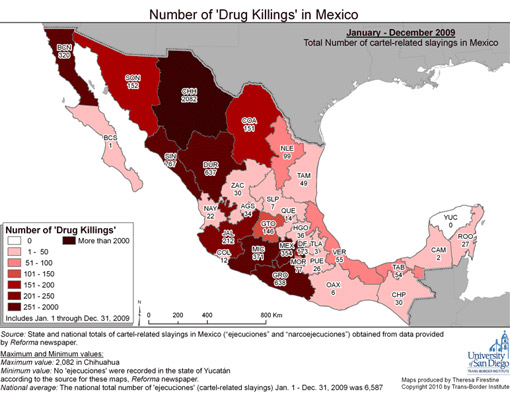Rather amusing train-wreck of a rant. He suggests parents rip apart their kids’ bedrooms and kick them in the balls if they find marijuana. He’s also quite convinced that all drug policy reformers are stupid. His logic is unassailable unavailable.
- DrugWarRant.com, the longest running single-issue blog devoted to drug policy
Join us on Pete's couch.
 Send comments, tips,
Send comments, tips,
and suggestions to: Recent Comments
Servetus on Should Venezuela legalize marijuana?: “The munchies response after using marijuana has been verified experimentally in rats and humans at Washington States University: 19-Feb-2026 –…” Feb 19, 19:37
Servetus on Should Venezuela legalize marijuana?: “No DMT found in the brains of rats in study done in Denmark: 17-Feb-2026 – For decades, the idea that…” Feb 19, 19:18
Servetus on Should Venezuela legalize marijuana?: “Long term tea and coffee consumption is seen as reducing the risk of dementia: 9-Feb-2026 – …moderate consumption of caffeinated…” Feb 10, 19:45
Servetus on Should Venezuela legalize marijuana?: “Alcohol addiction alters gene expression in the endocannabinoid system: 9-Feb-2026 — Chronic alcohol consumption profoundly alters gene expression in key…” Feb 10, 19:10
Servetus on Should Venezuela legalize marijuana?: “New synthetic opioids (nitazines) discovered in New Orleans wastewater point to increased use during Superbowl LIX and Mardi Gras: 10-Feb-2026…” Feb 10, 18:49
Servetus on Should Venezuela legalize marijuana?: “Marijuana use can lead to a reduction in opioid use: 6-Feb-2026 — Legalizing cannabis for both medical and recreational use…” Feb 7, 11:42
Servetus on Marijuana prohibition and the origins of totalitarianism: “Psilocybin research reveals different social behavior effects as well as inflammation in female mice from exercise in a study of…” Feb 4, 18:56
Servetus on Marijuana prohibition and the origins of totalitarianism: “Research at the University of Texas at San Antonio reveals Δ⁹-THC in combination with Celecoxib reduces Alzheimer’s-related brain pathology in…” Jan 31, 10:50
Pages
- About
- Articles
- A Day at the Museum
- A story for Thanksgiving (Isidro and Teresa Aviles)
- Andrea Barthwell, caught red-handed
- Andrea Barthwell, Snake Oil Salesman
- Bong Hits 4 Jesus – Supreme Court Case
- DEA Bad Girl Michele Leonhart
- Deep Thoughts About the Drug War
- Drug War Victims
- Drug War Videos
- Drug WarRant Joins SOPA, PIPA Protest
- Hammer Down, Pop Up
- If I were Contrarian-King of the United States
- Increase in Burger Abuse Seen
- Irvin Rosenfeld and the Compassionate IND — Medical Marijuana Proof and Government Lies
- Karen Tandy and the DEA (Can Congress Get a Clue?)
- Len Bias – the death that ushered in two decades of destruction
- Mother and Son
- Patriot Act, Victory Act, Despot Act
- Petition for Correction under the ONDCP Information Quality Guidelines
- Raich v. Ashcroft
- Rand and American Enterprise Institute Studies – Indictments of Federal Drug Policy
- the Drug Czar is Required by Law to Lie
- Treatment Statistics
- Who’s Who in Drug Prohibition
- Why is Marijuana Illegal?
Archives
Authors

